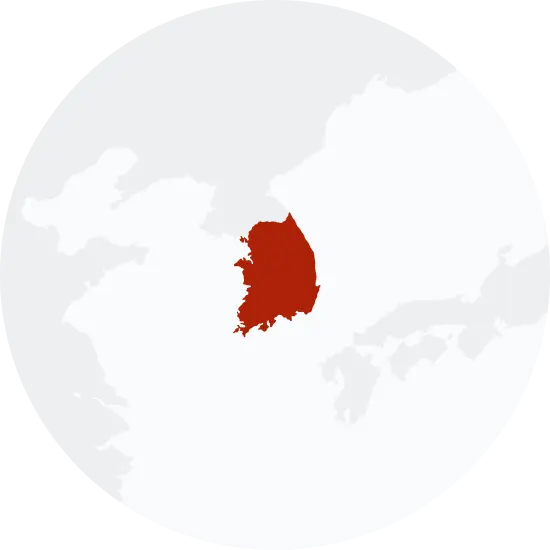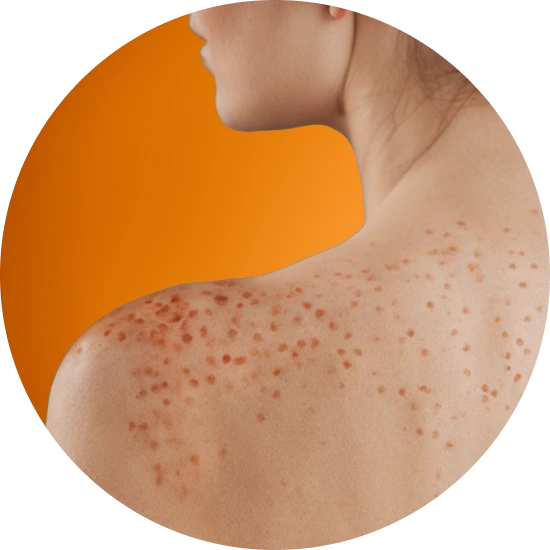Explore the Family Name Shin
How common is the last name Shin in the United States?
According to the Decennial U.S. Census, the surname Shin has seen a significant increase in popularity between 2000 and 2010. In 2000, Shin ranked as the 2099th most popular surname, but by 2010, it had risen to the 1656th spot, marking a 21.11% change in rank. Over the same decade, the count of individuals bearing this name also increased from 15,857 to 21,735, a substantial growth of 37.07%. Consequently, the proportion of Shins per 100,000 people also increased by 25.34%, from 5.88 in 2000 to 7.37 in 2010.
| 2000 | 2010 | Change | |
|---|---|---|---|
| Rank | #2,099 | #1,656 | 21.11% |
| Count | 15,857 | 21,735 | 37.07% |
| Proportion per 100k | 5.88 | 7.37 | 25.34% |
Race and Ethnicity of people with the last name Shin
In terms of ethnicity, the Decennial U.S. Census data shows that the majority of people with the surname Shin identify as Asian or Pacific Islander. This demographic accounted for 94.77% of Shins in 2000 and slightly rose to 94.98% in 2010. The percentage of those identifying as having two or more races also saw a minimal increase from 1.70% in 2000 to 1.73% in 2010. The proportion of Shins identifying as white decreased from 2.72% in 2000 to 2.59% in 2010. No individuals identified as Hispanic or American Indian and Alaskan Native in 2000; however, by 2010, these groups made up 0.40% and 0.03% of Shins, respectively. Meanwhile, the proportion of Shins who identified as Black decreased by 30% over the decade.
| 2000 | 2010 | Change | |
|---|---|---|---|
| Asian/Pacific Islander | 94.77% | 94.98% | 0.22% |
| White | 2.72% | 2.59% | -4.78% |
| Two or More Races | 1.7% | 1.73% | 1.76% |
| Hispanic | 0% | 0.4% | 0% |
| Black | 0.4% | 0.28% | -30% |
| American Indian and Alaskan Native | 0% | 0.03% | 0% |
Shin ancestry composition
23andMe computes an ancestry breakdown for each customer. People may have ancestry from just one population or they may have ancestry from several populations. The most commonly-observed ancestry found in people with the surname Shin is Korean, which comprises 88.5% of all ancestry found in people with the surname. The next two most common ancestries are Chinese (2.9%) and British & Irish (1.7%). Additional ancestries include French & German, Japanese, Eastern European, Italian, and Ashkenazi Jewish.
Ready to learn more about your ancestry? Get the most comprehensive ancestry breakdown on the market by taking our DNA test. Shop 23andMe
| ANCESTRY BREAKDOWN | COMPOSITION |
|---|---|
| Korean | 88.5% |
| Chinese | 2.9% |
| British & Irish | 1.7% |
| Other | 6.9% |

Possible origins of the surname Shin
Your DNA provides clues about where your recent ancestors may have lived. Having many distant relatives in the same location suggests that you may all share common ancestry there. Locations with many distant relatives can also be places where people have migrated recently, such as large cities. If a large number of individuals who share your surname have distant relatives in a specific area, it could indicate a connection between your surname and that location, stemming from either recent ancestral ties or migration.
Based on 23andMe data, people with last name Shin have recent ancestry locations in South Korea and the United Kingdom of Great Britain and Northern Ireland.
| RECENT ANCESTRY Location | Percentage |
|---|---|
| Seoul, South Korea | 91.60% |
| Busan, South Korea | 61.10% |
| Daegu, South Korea | 47.60% |
| Gyeongsangnam Do, South Korea | 45.80% |
| Jeollabuk Do, South Korea | 43.00% |
What Shin haplogroups can tell you
Haplogroups are genetic population groups that share a common ancestor on either your paternal or maternal line. These paternal and maternal haplogroups shed light on your genetic ancestry and help tell the story of your family.
The top paternal haplogroup of people with the surname Shin is O-CTS7620, which is predominantly found among people with East Asian & Indigenous American ancestry. Haplogroup O-CTS7620 is descended from haplogroup O-M1359. Other common haplogroups include O-F1204 and O-CTS723, which are predominantly found among people with East Asian & Indigenous American and East Asian & Indigenous American ancestry. Other surnames with similar common haplogroups are: Cho, Choi, Kim, Choe, Min, Jang, Park, Han, Hwang, Jung.
The most common maternal haplogroups of people with Shin surname are: D4a, A5a, D4. These most commonly trace back to individuals of East Asian & Indigenous American and European ancestry.
 Paternal Haplogroup Origins O-M1359
Paternal Haplogroup Origins O-M1359
Your paternal lineage may be linked to the Yayoi
Haplogroup O1b2a, a branch of haplogroup O, is closely related to several haplogroups that are commonly found in Japan. Haplogroup O is closely associated with Kyushu, Japan's third largest island, and makes up over half of all men in Japan. Although haplogroup O is prevalent in Japan, it likely only entered Japan during the Yayoi expansion about 2,300 years ago. During the Yayoi expansion, people entering from the Korean Peninsula brought wet rice agriculture, weaving technology, and metalworking technology to Japan. The Yayoi expansion began on the island of Kyushu, where haplogroup O is very common today. It is possible that some of the early members of O1-F3356 were involved in this major shift, which quickly and dramatically altered Japanese culture.
Your maternal lineage may be linked to the Han
Members of haplogroup D are found in both northern and southern Han Chinese populations at low to moderate frequencies. The Han people, who all share the same language and similar cultural practices, are the largest ethnic group in the world, with about 1.2 billion people. Historical evidence shows that Han people are descendants of the ancient Huaxia tribes that come from northern China, and Han language and culture only expanded into southern China in the last 2,000 years. The spread of Han people and culture from northern to southern China was likely driven by warfare and famine in the north.

What do people with the surname Shin have in common?
Spoiler alert: it's complicated. People with the same last name are usually no more genetically similar than a randomly sampled group of people from the same population. That said, people with the same surname are more likely to have similar ancestries than randomly sampled individuals. The reason is the tendency of people with similar cultural or geographical backgrounds to preferentially mate with one another. That's why people who share a surname may be more likely to share traits and tendencies in common than people within the general population. Check out the percentages below to see the prevalences of tastes, habits, and traits of people with your surname compared with prevalences among 23andMe users.
Preferences
Traits
Habits
Wellness
Are health conditions linked to the last name Shin?
The short answer is that, if there is an association between surname and health, it's usually more about your ancestry than your name. Individuals with a given surname are no more genetically similar than the general population but often have similar ancestries. The populations of people associated with those shared ancestries often have sets of genetic variations, also known as alleles, in common. Some of those alleles are associated with a greater likelihood of developing certain diseases.
Disease variant frequency by ancestry
Disease allele frequencies in populations associated with the surname Shin are shown below. Important Note: not everyone with a disease allele will develop these health condition




















